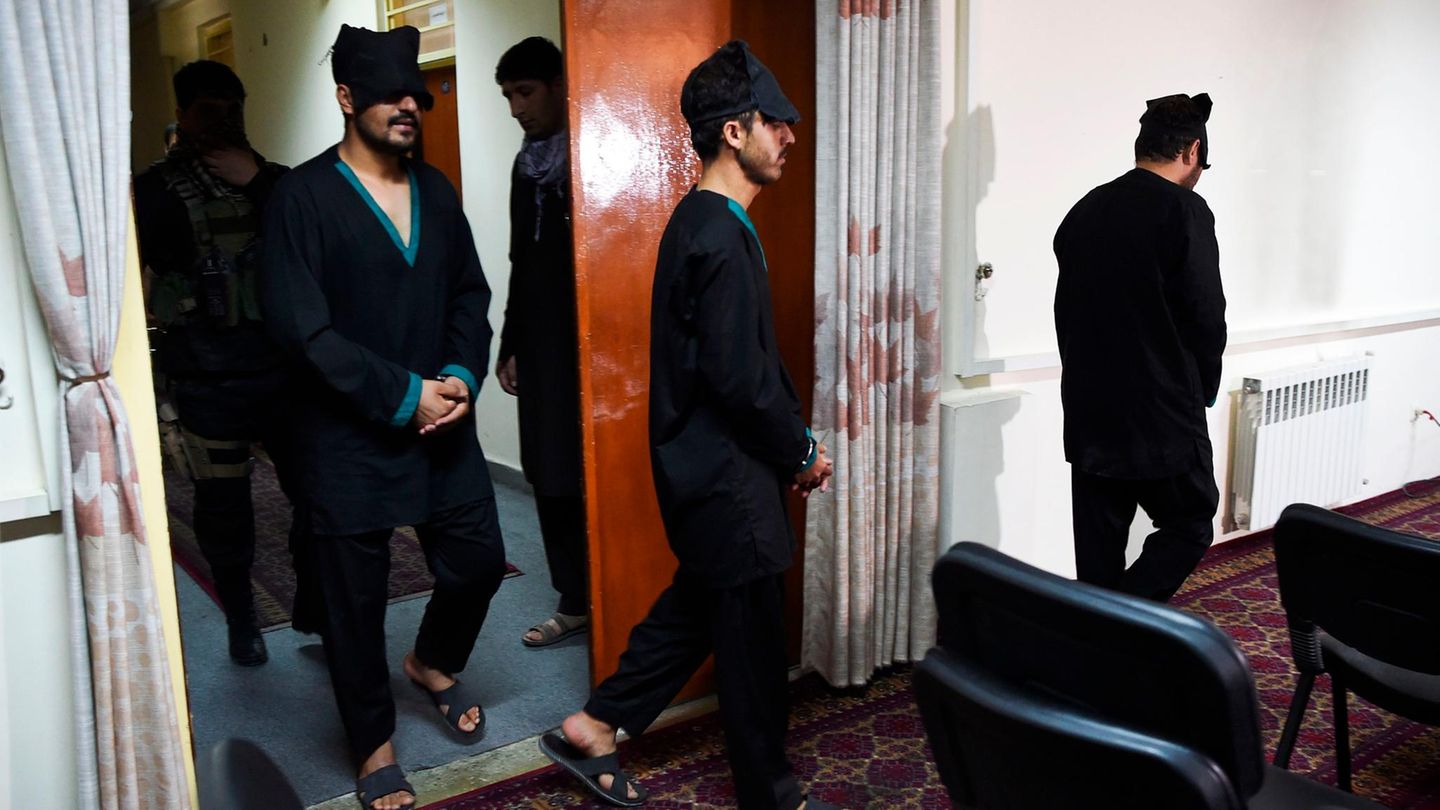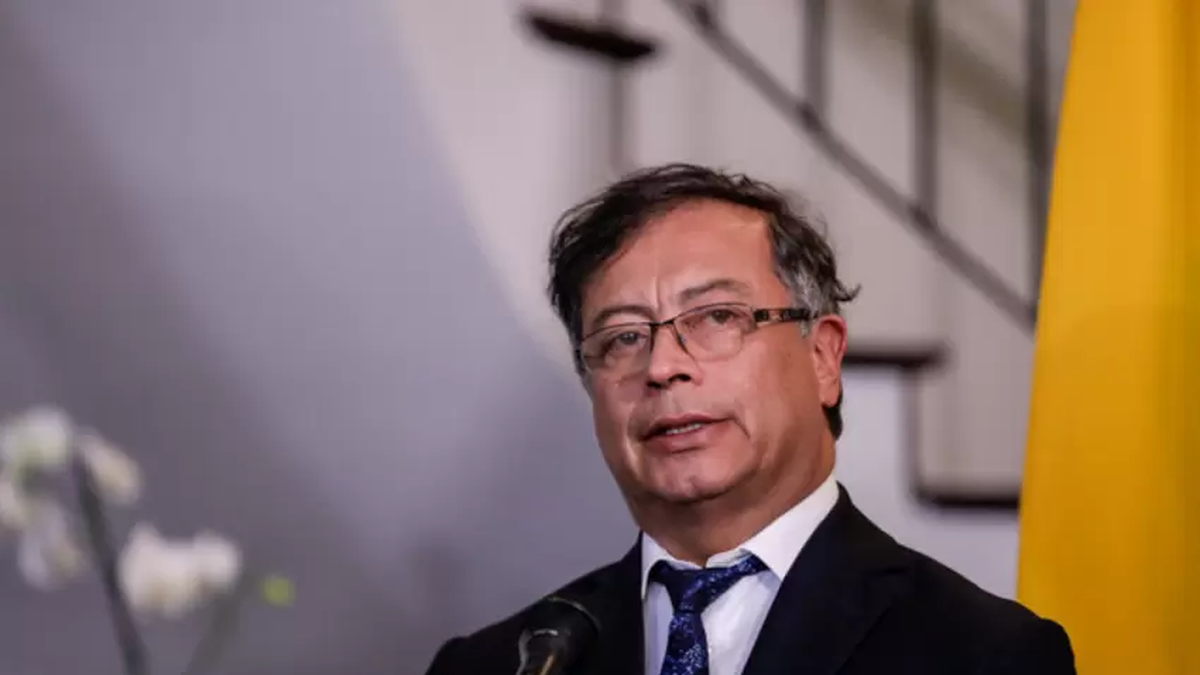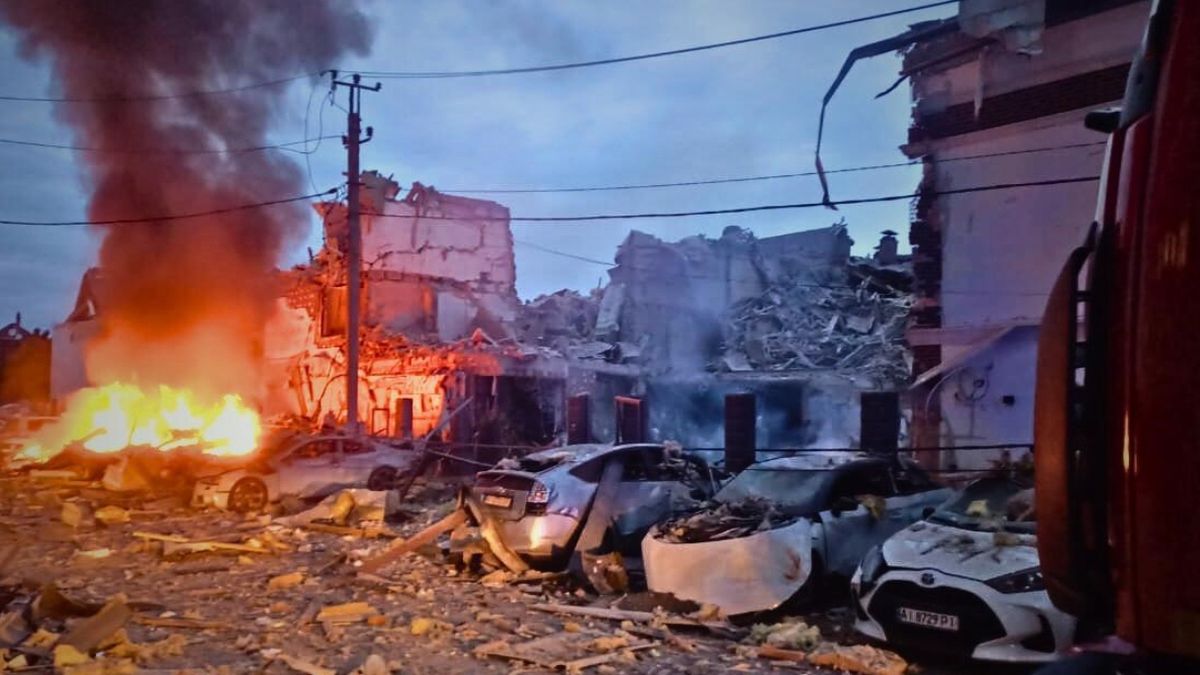There is no shortage of jihadists in the multi-ethnic state of Afghanistan. In addition to the new rulers, the Taliban, there are other groups that terrorize the people. Notorious: the ISKP, common enemy of the Taliban and the USA.
In September 2018, an assassin blew himself up in a wrestling club in western Kabul. A second followed after paramedics and helpers had arrived on site. 30 people dragged the two with them to their deaths. A year later, on the last day of a ceasefire, gunmen attacked a Jalalabad prison for 18 hours. Thousands of prisoners fled. In May of this year, a car bomb exploded in front of a school: 60 people died and 150 were injured. It mainly hit schoolgirls and it was no coincidence. At some point, many Afghans were so desperate that they asked the Taliban for help. And who in turn asked the US to take action against their common enemy.
Your destination is the Shiite mosques
We are talking about the fighters of the ISKP – the “Islamic State of Khorasan Province”, an offshoot of the feared terror slaughterers from Syria and Iraq. Until a few days ago, when the Taliban took control of the whole country, the ISKP was one of the other groups of jihadists who fought against the elected government in Kabul – with even harsher and more brutal means than the Taliban. Strictly speaking, their fight was against everything and everyone: against the Taliban, against the central government, against the Afghan people. Her preferred weapon is the suicide bombing, her targets are activists, government employees and minorities such as Shiites; Follower of the second great current in Islam.
The insurgent group has been active in Afghanistan since mid-2014. The ISKP had between 2,000 and 4,000 fighters at weddings. In 2019 there were cells in many of the country’s eastern provinces, as well as in major cities. The members and bosses were and are for the most part renegade Taliban from Pakistan. More recently, radicalized middle-class terrorists have also joined the Islamic State. They are also supposed to receive support from parts of the Afghan secret service – in a kind of joint fight against the Taliban. For years, the two Islamist groups fought bloodily for the supremacy of the uprising against the government supported by the West.
Indiscriminate terror against tribal chiefs
Although the current clout and strength of the ISKP is unclear, its fighters with their radicalism often stand in their own way. Their indiscriminate terror, for example against tribal princes and tribal militias, has turned the population against the holy warriors in many places. When they began to evict locals from their own homes in some regions almost a year ago, they in turn asked the Taliban for help. And then it came too. They were expelled from some strongholds such as the valleys in Nangrahar, often thanks to the Americans, whose lists of enemies also include the ISKP at the top.
Last year the government in Kabul claimed that the Islamic State had been defeated by the regular troops, but that was at least an exaggeration. Only recently had the ISKP terrorists carried out a veritable wave of attacks against mosques and other Shiite facilities. Observers counted 216 from January to August of this year alone. US intelligence agencies fear that the Taliban’s takeover could lead disaffected or unemployed fighters to join the group.
The ISKP is not the only “terrorist opposition” in the country. There is also “Fidai Mahaz”, the “Mullah Dadullah Front”, a group called the “High Council of the Islamic Emirate of Afghanistan”, all of which have split off from the Taliban. In addition, there is the “Haqqani network”, which was founded during the Soviet occupation in the 1980s and which is close to the Taliban. The 1979 invasion of its big neighbor in Afghanistan is one of the reasons why Islamism has grown so strong in the country.
Around 50 different ethnic groups live in the Hindu Kush, almost all of whom speak their own languages. 80 percent of the around 40 million Afghans live outside the cities, in the state that is almost twice the size of Germany. Afghanistan as a country is rather young, but above all more divides the Afghans than they unite them. Islam is one of the few things that people can agree on and traditionally they have been more conservative about their beliefs. In 1979 the fundamentalist political trend began to take hold. At that time, troops from the neighboring Soviet Union marched in – creating a resistance movement that later became an army of religious warriors: The mujahideen, from which the Taliban emerged, opposed the ideology of Soviet communism with Islamism.
Will the ISKP benefit from the Taliban victory?
Fighters like the ISKP and the Taliban also benefit from the fragmentation of the country, in which tribal conflicts are the order of the day. In many corners of the country, which has been torn by 40 years of war, the new rulers are seen as a guarantee of stability and security – despite or because of their extremely tough leadership and moral standards. Their victory is only partially celebrated in Islamist circles. While the al Qaeda allies celebrate the “liberation of Afghanistan”, the ISKP remains silent. Yet. Quite a few observers believe that the Taliban’s triumph will also give a boost to other jihadists such as the ISKP.
Swell: “”,,, “”, “”, DPA, AFP
David William is a talented author who has made a name for himself in the world of writing. He is a professional author who writes on a wide range of topics, from general interest to opinion news. David is currently working as a writer at 24 hours worlds where he brings his unique perspective and in-depth research to his articles, making them both informative and engaging.




